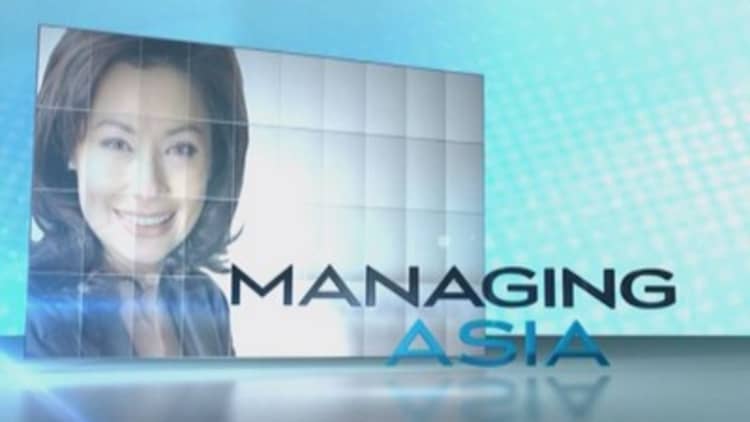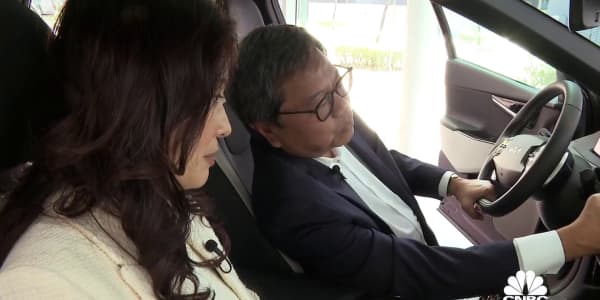
The head of Indonesia's largest automobile distributor supports the government's decision to cut fuel subsidies, even though it could impact the company's revenue.
"I've always supported the fuel subsidy to be cut or at least be reduced," Prijono Sugiarto, President Director of Astra International, told CNBC's "Managing Asia." "In the medium to long term, it will [benefit] the country. If the economy is better, you can sell more cars and motorcycles."
On Monday, Indonesian President Joko Widodo unveiled an around 30 percent increase in subsidized gasoline prices to 8,500 rupiah (approximately $0.70) a liter and 36 percent increase in diesel prices to 7,500 rupiah a liter, effective immediately. As such, inflation is expected to jump two percentage points to 7.3 percent this year, according to Minister of Finance Bambang Brodjonegoro.
Read MoreIndonesia's fuelhike may put kibosh on 'fragile' tag
For the automobile industry, the weakening purchasing power of Indonesia's consumers may dent car sales. But Sugiarto, the winner of CNBC's "Asia Business Leader of the Year", isn't worried.
"There will probably be an impact, but it'll be very short term… around 2 to 3 months and the market will rebound," said the 53-year-old who assumed the top position in Astra in March 2010. "When the Indonesian government raised fuel prices back in 2005, the automobile [market] dropped by 40 percent in 2006. But don't forget, the gross domestic product (GDP) per capita was $1,500 to $1,700. Now its $3,500 per capita."
Challenges
Astra International – an Indonesian conglomerate which distributes cars for Toyota Motor and motorcycles for Honda Motor – has had a challenging year amid increased competition, a cooling domestic economy and the continued impact of the rupiah's 21 percent decline against the U.S. dollar last year.
Last year, Astra posted its first annual profit drop since 2006, and while net profit rose 8 percent for the first nine months of 2014, Sugiarto remains prepared for further challenges.
"The global economy has not yet improved, especially Japan and Europe, but at least America is rebounding, so we hope China [improves on the back of] better exports to the U.S.," Sugiarto said. He doesn't expect a turnaround until 2016; "Next year will be a tough year. It won't get worse, but it'll probably get better [by] only 1 or 2 percent. "
Read MoreIt's crunch timefor Indonesia's new president
Turnaround strategy
Moving ahead, the automotive giant will bank on its flagship auto business for a turnaround.
"As I mentioned, Indonesia's GDP per capita is now $3,500. When China reached this [figure], the car market was 9.7 million. Indonesia is only 1.2 million," said Sugiarto, who worked for Daimler before joining Astra in 1990. "[Furthermore] we have a middle class of 70 million that will double by 2020, according to a study by Boston Consulting Group."
While it's best known as a vehicle seller, the 57-year-old conglomerate has ventured into other areas such as infrastructure, mining and palm oil plantations. Prospects for the infrastructure sector, in particular, are brightening as the country's newly inaugurated president looks to channel savings from the reduced subsidy payout into infrastructure investments.
"We can see that [Jokowi] is a man of action and, at the moment, Indonesia needs a man who can execute," Sugiarto said. "It's still too early to say that he's done a lot but he has started [to do some] and it's fair to give him some time. "






